News
-
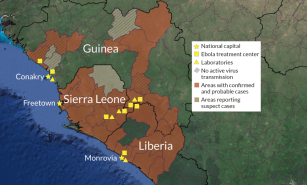 Health & Medicine
Health & MedicineExperimental drugs and vaccines poised to take on Ebola
The use of experimental drugs and vaccines against Ebola may turn the tide against an outbreak in Africa that has defied efforts to control it.
By Nathan Seppa -
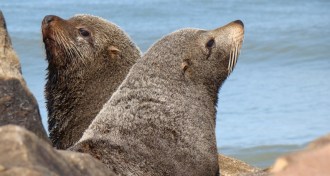 Genetics
GeneticsLong before Columbus, seals brought tuberculosis to South America
Evidence from the skeletons of ancient Peruvians shows that seals may have brought tuberculosis across an ocean from Africa.
-
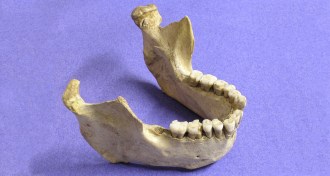 Anthropology
AnthropologyEarlier dates for Neandertal extinction cause a fuss
Revised dates suggest Neandertals coexisted with modern humans for several thousand years in Europe before disappearing 40,000 years ago.
By Bruce Bower -
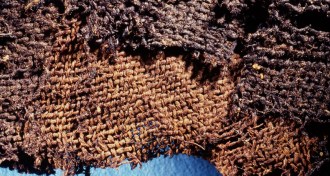 Anthropology
AnthropologyOrigins of Egyptian mummy making may predate pyramids
Preservative mixture for mummy wrapping found on linens that covered the dead as early as 6,300 years ago.
By Bruce Bower -
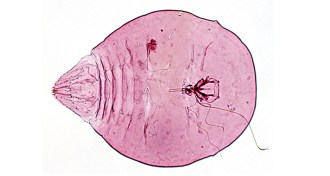 Agriculture
AgricultureKiller bug behind coconut plague identified
A pest has devastated coconuts in the Philippines, and scientists now realize the perp is not the bug they thought was causing the damage.
By Nsikan Akpan -
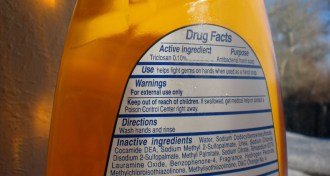 Environment
EnvironmentFetuses may be exposed to antimicrobial compounds
Health risks remain uncertain as scientists find common soap chemicals in pregnant women and cord blood.
By Beth Mole -
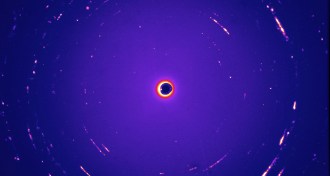 Astronomy
AstronomyDust nabbed by spacecraft may be from outside the solar system
NASA’s Stardust mission captured seven particles that probably come from interstellar space, providing researchers with the first direct samples from beyond the solar system.
-
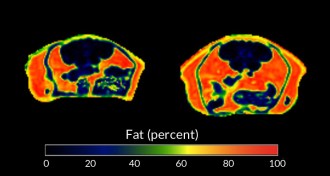 Humans
HumansAntibiotics in infancy may cause obesity in adults
By altering the microbiome of infant mice, drugs predisposed the animals to gain fat as adults.
-
 Health & Medicine
Health & MedicineInflammation-blocking cells might fight often-fatal sepsis
Treatment saved young and old mice from overactive immune response to infection.
By Nathan Seppa -
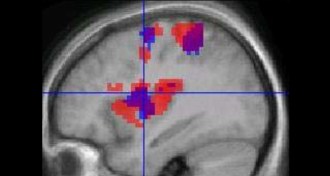 Neuroscience
NeuroscienceBusy neurons don’t always draw blood
Study of mice suggests caution in inferring the activity of the brain’s neurons from functional MRI results.
-
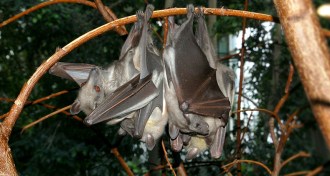 Life
LifeAnimal source of Ebola outbreak eludes scientists
Researchers are trying to determine whether bats or bush meat transmitted the Ebola virus to people in West Africa.
-
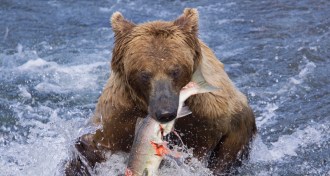 Life
LifeGrizzly bears master healthy obesity
Tuned insulin signals explain how grizzly bears can fatten up for hibernation in the winter without developing diabetes.
By Meghan Rosen